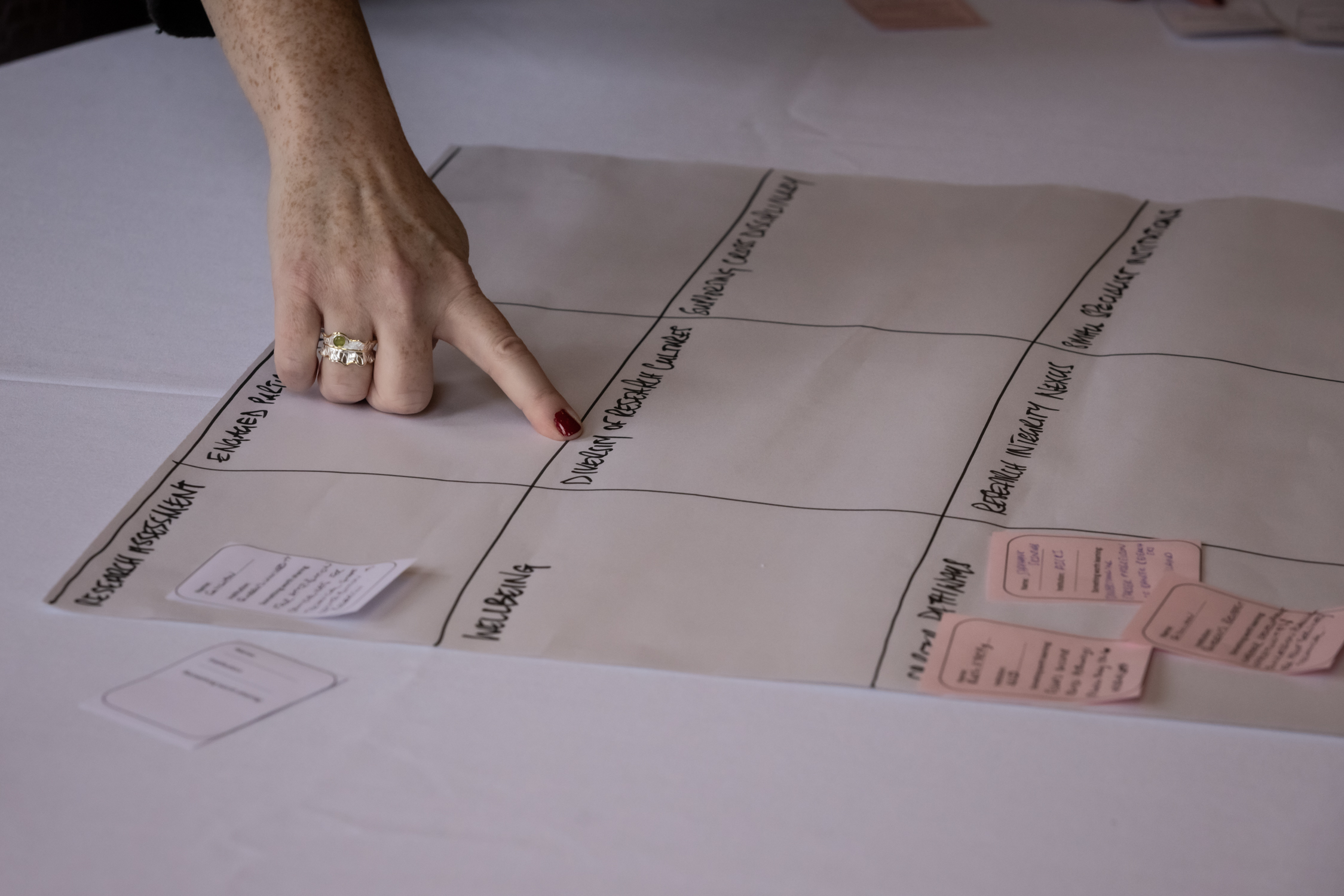
Co-creation of guidelines for the responsible use of Generative AI in research – perspectives, pitfalls and priorities
Authors: Steve Meaney, Gordon Cooke, John Donovan, Roisin GuilfoyleMary McNamara, Conor McGarrigle, Marek Rebow, , Robert Ross, Patrick Wall
Organisation: Technological University Dublin
The development of sophisticated Generative Artificial Intelligence (GenAI) systems based on natural language approaches has greatly impacted the capacity of malicious actors to contaminate the research record with false and inaccurate content. Higher education institutions continue to struggle ensuring that GenAI is appropriately used in research, scholarship and innovation activities. Here we describe the approach taken by TU Dublin to co-create a set of guiding principles and sample use cases for researchers across the broad disciplinary areas of the University. Following an initial iterative scoping drafting process by a group with broad University representation and subsequent review by the Research and Innovation academy, a feedback survey was circulated to all registered postgraduate students, staff with research active profiles and research support services. The responses to principles highlighted considerable uncertainty about GenAI-associated research practices, with divergent perspectives on key issues such as authorship, the necessity to single out GenAI specifically and a clear desire for guardrails on GenAI use. Critically, there was good acceptance of the requirement for a researcher-at-the-centre approach when using GenAI. Of the 25 broad use cases presented, all were found to be appropriate use cases with most respondents supporting the legitimacy of the use. The results are discussed in the context of the need for clear research focused GenAI guidelines that focus on practical aspects and which take into account diversity of practice across disciplines.
